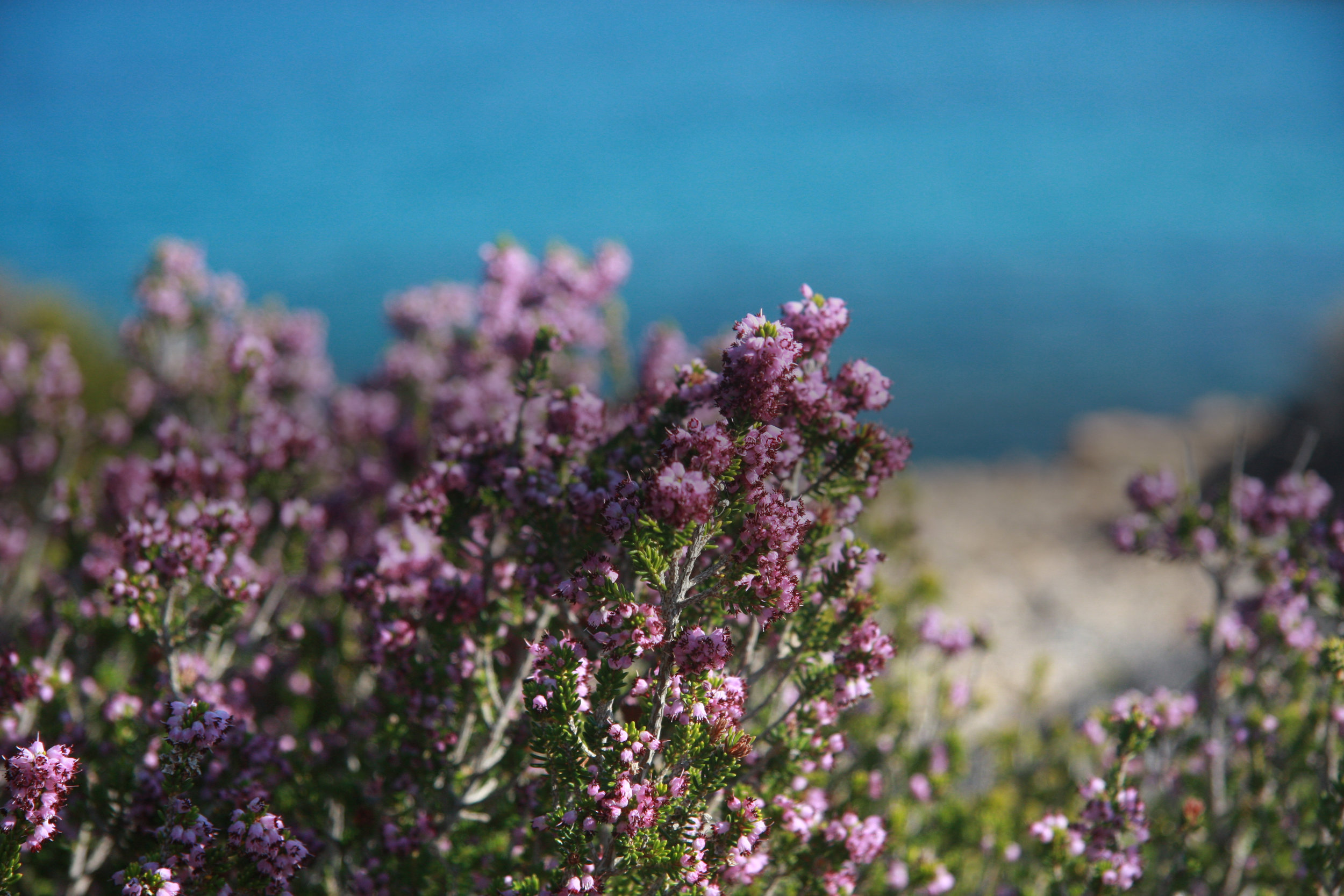Green your business

Becoming sustainable
As awareness of environmental issues grows, more and more travellers are concerned about the eco-friendliness of the businesses they support.
Whether choosing a hotel or a rental apartment or villa, picking a restaurant or bar, shopping for groceries, or even hiring a car, sustainability is increasingly a factor in how tourists decide to spend their money.
Businesses in Paros as much as elsewhere need to keep pace, and many of the following easy-to-follow steps will help you demonstrate to your customers that you care about the environment as much as they do.
A good place to start is by getting information, advice and support by contacting Clean Blue Paros.
Resusables
No matter what kind of business you run, one of the best ways to reduce your impact on the environment is by cutting down on your consumption of single-use plastic and packaging. At best, plastic can be recycled two or three times, whereas glass and metal can be used again and again.
First of all, encourage your staff to choose reusable instead of single-use items, whether bottles, coffee cups, drinking straws or bags. You can even give away or sell branded reusable items showing the name or logo of your business, which is a great way to promote your business as well as protecting the environment.
Think about installing a coffee machine for office staff and buying reusable cups and mugs.
If you prefer your coffee delivered, make sure to leave spare reusable cups or containers at your favourite coffee shop. Espresso freddo may be sacred in Greece, but you can still have it plastic-free.
Recycle any waste plastic packaging or paper products and display a clear list of what can and can’t be recycled over any bins.
Ask your suppliers to think about reducing their plastic packaging or considering plastic-free alternatives.
Buy your cleaning products in bulk from Biotev in Paroikia and reuse the same packaging each time.
Water
Take a look at this article for general ideas about saving water at home or work.
Also consider installing grey water systems to reuse the water from showers and baths, kitchen and bathroom sinks, and washing machines and dishwashers. One of several ways of reusing this water is for irrigating a garden.
Have a look at the water test results in your location. Decide if you need a filter and if you do, which type. If you use a reverse osmosis system, try to find a way to collect and reuse the “reject” water.
Waste & Energy
Try to separate organic waste for composting, or give it to a local farmer for his or her chickens. This avoids methane gas production and using Paros’s limited landfill.
For waste that doesn’t go into the blue bins, you can find information here about how and where to dispose of it.
Where possible, sell and use local products. This avoids all the energy costs involved in importing products from elsewhere and provides significant support for the local economy.
See if you can switch to solar panels and install energy-efficient light-bulbs.
When it comes to furniture and electronics and other everyday items, try to buy second-hand items or repair what you have.
Refuse promotional material that you don’t want and won’t read and email the companies that send it, to ask them to stop.
If You Serve Food & Drink
Replace plastic-lined table covers, with paper or cotton ones. Alternatively, don’t use tablecloths at all.
See if the plastic you use in the kitchen can be replaced by alternatives like glass containers.
Recycle your cooking oil. Call Eco Paros for regular collection: 6932460190
Encourage your customers to bring their own containers for take-away by offering them a discount. Offer or sell returnable and reusable cups and containers for people who forget their own, and keep an extra supply for regular clients.
If someone wants a doggy bag, reuse a jar from the kitchen.
Replace plastic straws with straws made from paper, bamboo or stainless steel (just be sure the paper ones aren’t lined with plastic). Best of all, consider selling reusable straws or stop providing straws at all.
Reduce food waste by buying “ugly” fruit and vegetables and preparing less food in advance. If a lot of dishes are coming back to the kitchen only partially eaten, consider serving smaller portions.
If You Rent Rooms or Villas
Invite your guests to be aware of their water consumption and energy use and its environmental impact. You may want to suggest they turn off air conditioning when possible, keep shutters closed during the day and take lower temperature showers.
Encourage them to reuse towels and to consider whether they really need their sheets changed every day.
If you provide soaps and shampoo, use natural and locally made products and preferably ones that are free from wasteful packaging.
If you Run a Shop
Stop using plastic bags. Instead, sell or give away reusable bags or encourage customers to bring their own bags and containers.
Sell unpackaged food and products where possible and promote it to your customers by explaining the environmental benefits.
Sell as many local products as you can, and ones made with natural materials and ingredients.
If you sell fresh food, try to promote “ugly” vegetables and fruit.
Encourage customers to repair items instead of throwing them away and buying new.




